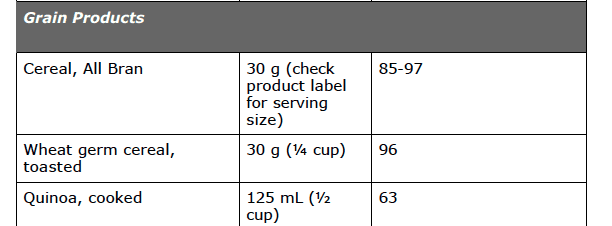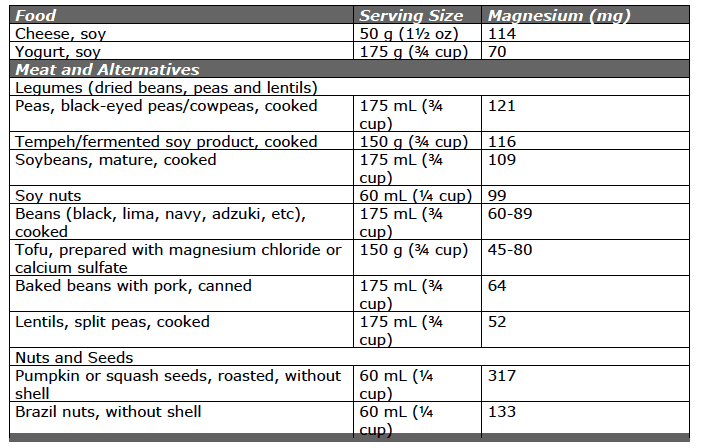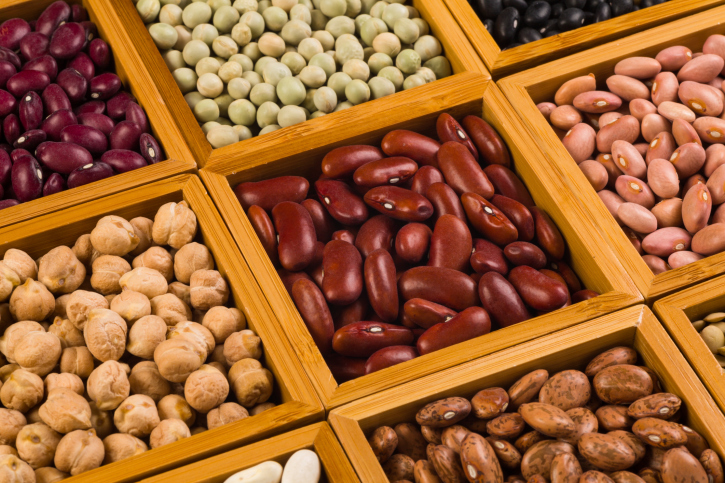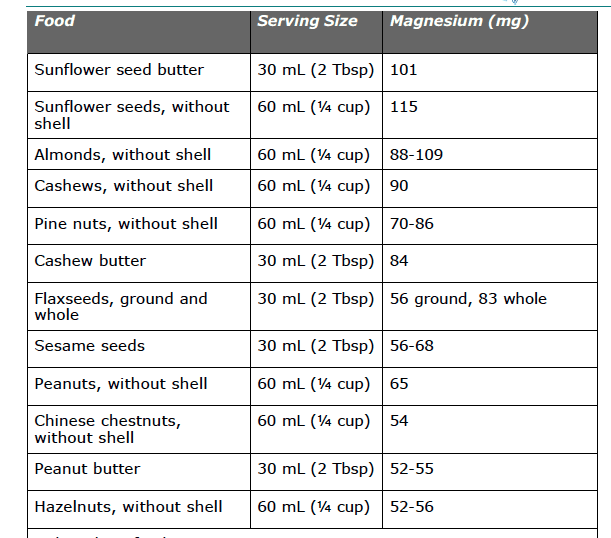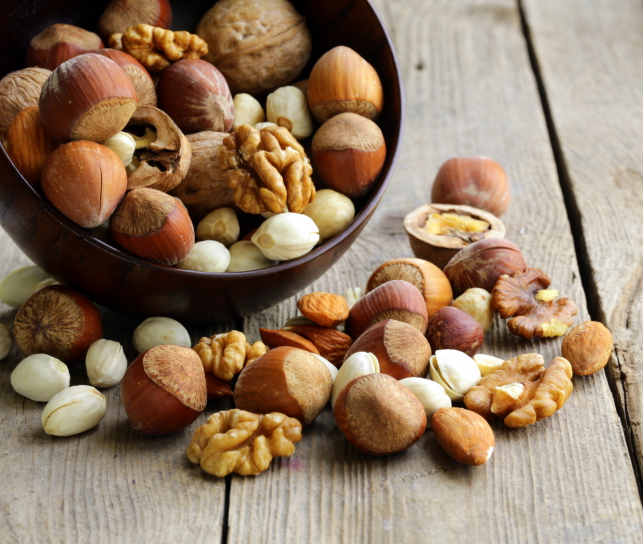Should you take magnesium supplements?
Magnesium plays a key role in many body processes, and runners may need more than non-runners. How do you know if you're getting enough?
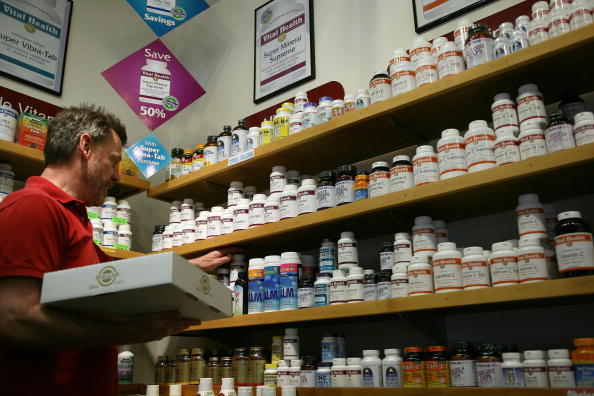
Magnesium is an electrolyte that’s involved in almost every aspect of our health and athletic performance, including nerve function, blood pressure, immunity, muscle function, bone health and insulin metabolism. Magnesium also helps you recover faster and maintain your electrolyte balance, as well as helping with oxygen uptake and energy production. Even a slight deficiency in magnesium may result in muscle spasms, lactic acid buildup, nerve twitches, cramping and fatigue. Yet, according to a module in the IOC’s sports nutrition diploma program, as many as 60 to 70 per cent of adults and 80 to 90 per cent of adolescents are at least slightly deficient.
RELATED: Fish oil capsules not the cure-all you may have thought
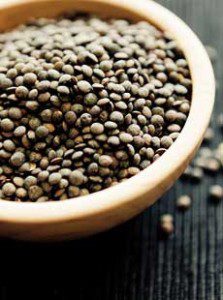
Runners may require more magnesium than the average person, due to the stress we put on our bodies in training. If you’re having a tougher time than usual recovering from hard workouts, or you’re experiencing muscle spasms or shin splints, you may be deficient in magnesium. But determining whether you’re deficient can be tricky. Only one per cent of magnesium in the body is in the circulating blood (the rest is in the bones and muscles), so a blood test is not a reliable indicator of magnesium deficiency.
The RDA (recommended daily allowance) for magnesium in Canada is 400 to 420 mg for men and 310 to 360 mg for women, depending on age and whether a woman is pregnant or breastfeeding. Runners may need more. See the document on dietary sources, below. The best way to know if you’re getting enough magnesium in your diet is to track your food intake over several weeks, and calculate how much you’re consuming, with this document as your guide. Dietitians of Canada recommend not exceeding 350 mg per day from supplements (but it’s safe to exceed the RDA from food sources).
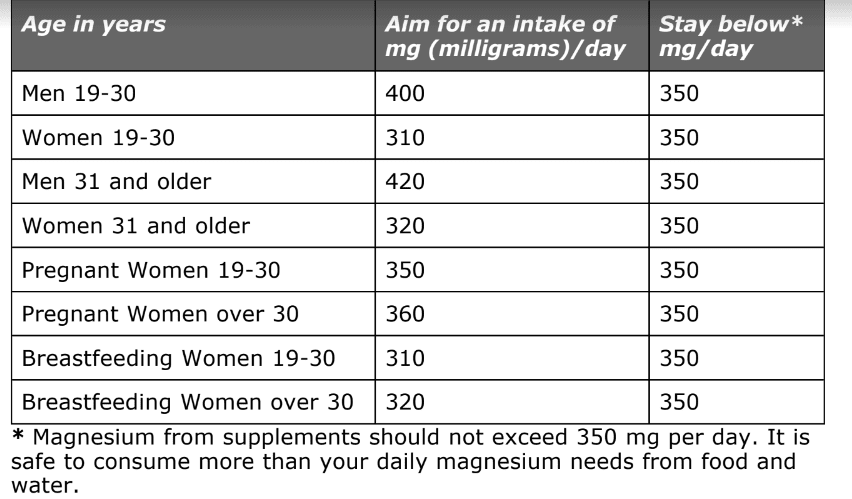
RELATED: Vitamin D linked to cardiorespiratory fitness, study shows
As with any nutrient, the best source of magnesium is from foods that are rich in magnesium, such as green leafy vegetables (e.g., spinach, broccoli and kale), nuts, seeds (especially pumpkin seeds), peas, beans, lentils, whole unrefined grains, oatmeal, potatoes, halibut and mackerel. Try to limit consumption of carbonated beverages, sugary treats, caffeine and alcohol, since they may leach magnesium from your system.
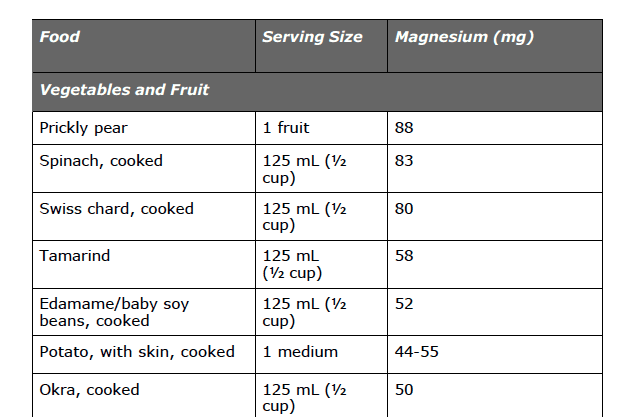
If you can determine that you aren’t getting enough, the best type of supplements specifically to address the needs of runners may be magnesium malate, magnesium orotate, or magnesium taurate. Be careful with magnesium oxide, which is a laxative, so unless you’re also dealing with constipation, it’s better to use something else. Registered dietitian and 2:32 marathoner Rachel Hannah recommends Magnesium Bis-Glycinate 200 Gentle by CanPrev.
